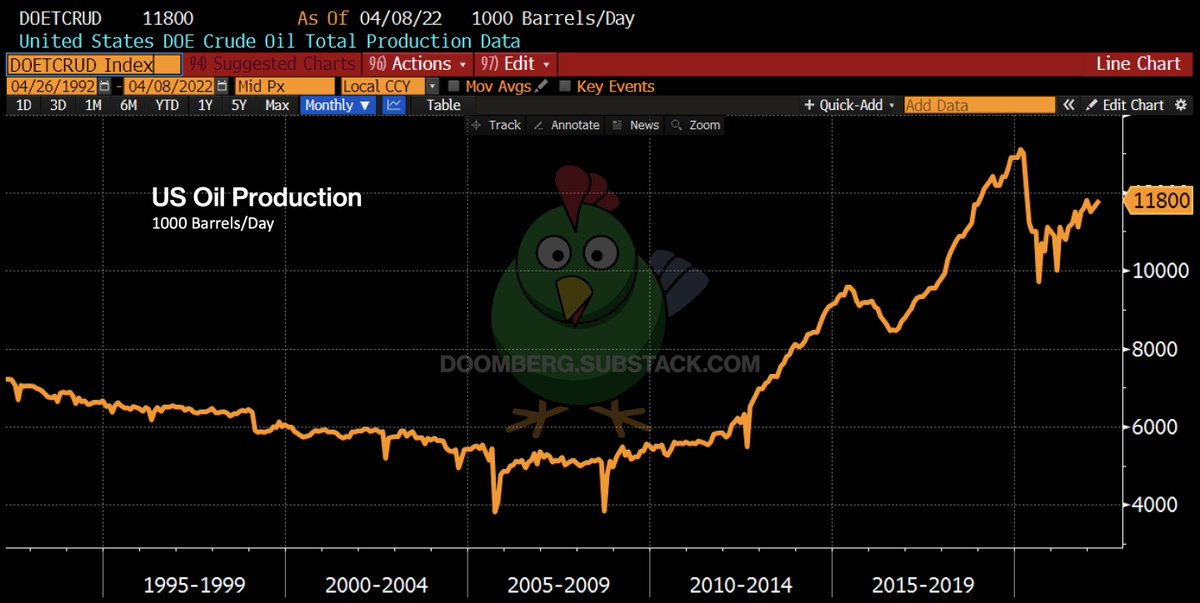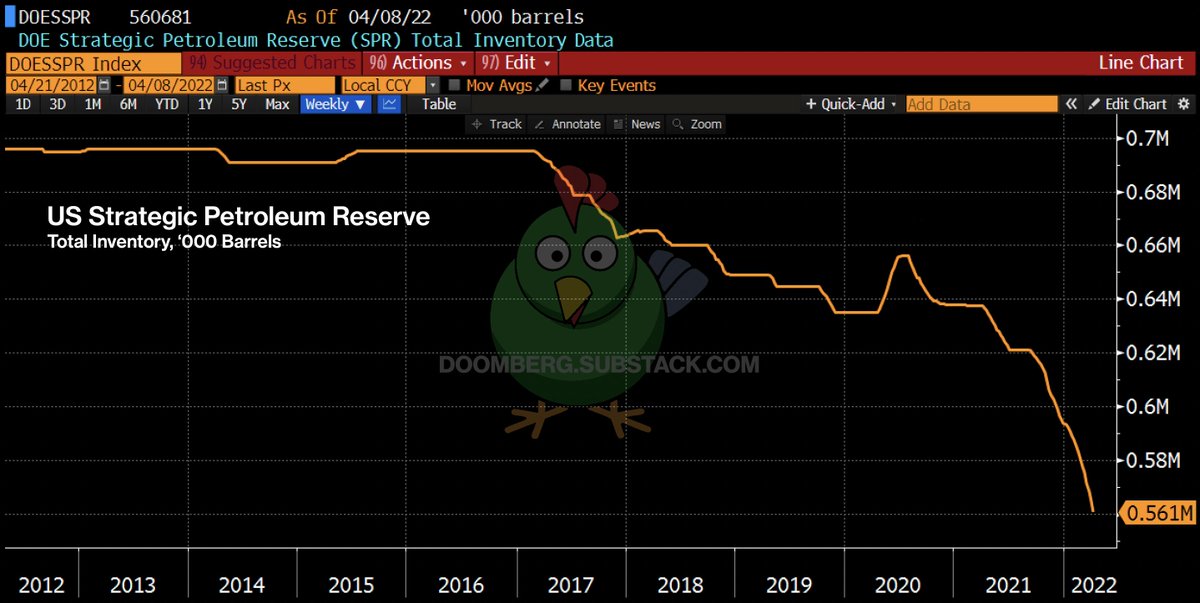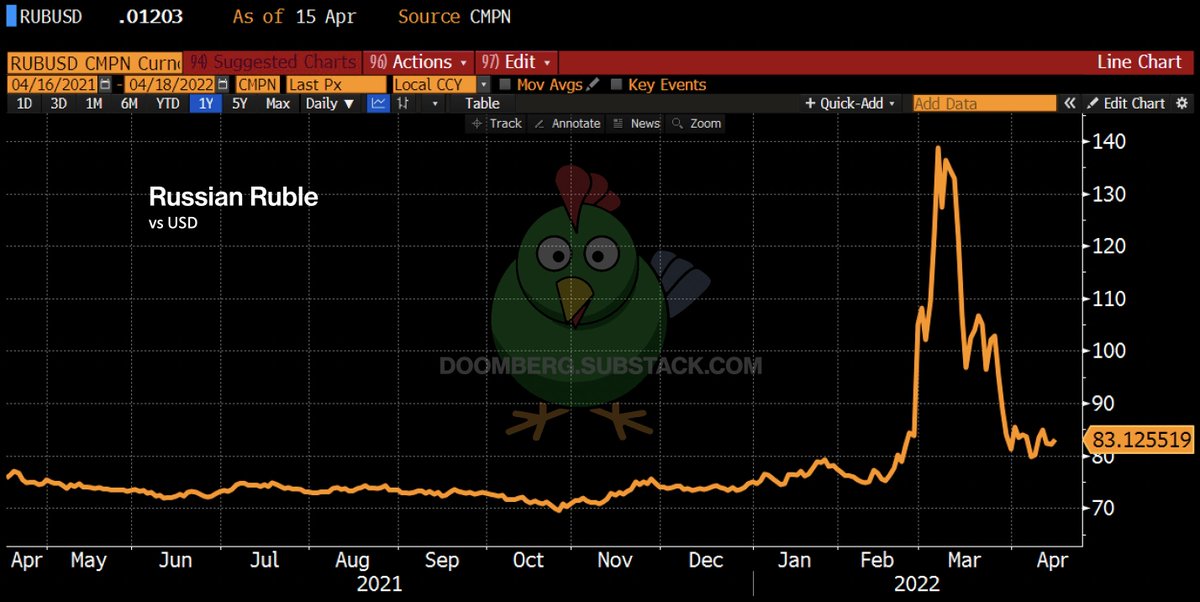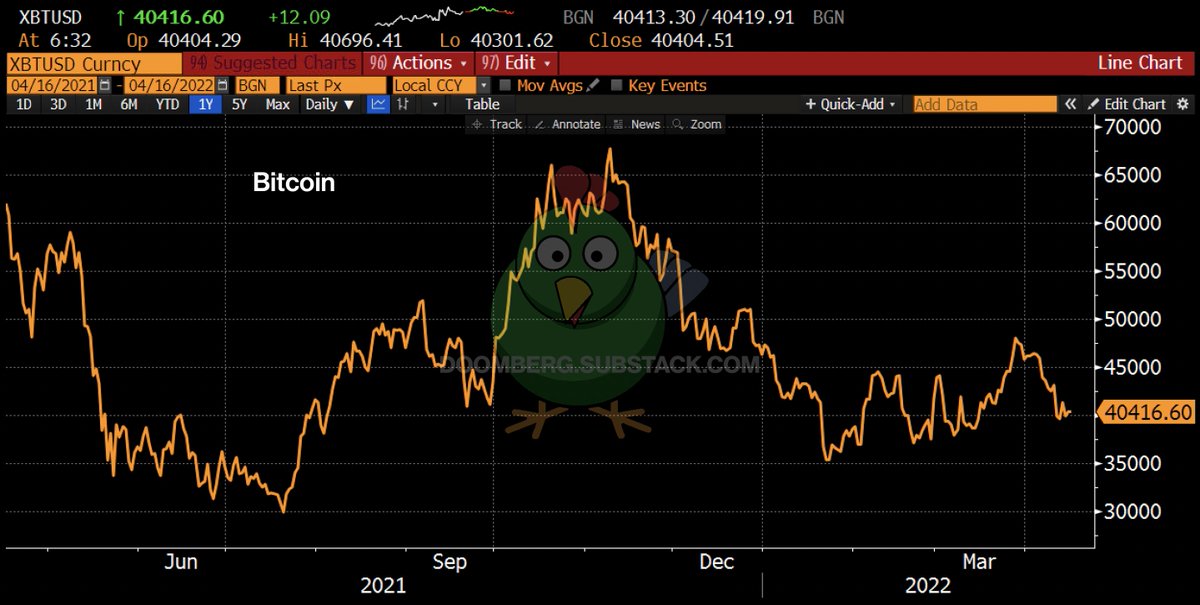
1/ There’s a bureaucratic civil war ongoing within the US Government to regulate Bitcoin. In the broadly pro-Bitcoin camp sits the Commodity Futures Trading Commission (CFTC), which takes a favorable stance toward convertible digital currencies.
2/ In the trenches on the other side, the Securities and Exchange Commission (SEC) is assembled and making the battle increasingly difficult for the maxis. Gary Gensler has been steadfast in opposition to certain policy decisions that Bitcoin enthusiasts have been pushing for.
3/ In 2014, the CFTC determined Bitcoin to be a commodity under the Commodity Exchange Act and has since brought a mix of enforcement actions against clearly fraudulent behavior while also working to develop a legal framework to allow for trading in Bitcoin futures.
4/ Because of the CFTC’s support and desire to provide regulatory clarity, there exists in the US today a vibrant futures market in Bitcoin. There are even several Bitcoin futures ETFs that trade on the stock market, including the popular ProShares Bitcoin Strategy ETF $BITO.
5/ Since its launch last fall, $BITO has traded with a 95%+ correlation to the spot price of Bitcoin, giving retail investors the opportunity to speculate in the digital commodity using their brokerage accounts, as they would any other stock.
6/ Missing from the suite of US investor options is a direct Bitcoin spot market ETF and getting one approved has been a high-priority goal of the Bitcoin community for years. Given the existence of $BITO, why is this an urgent issue for them and why doesn’t one already exist?
7/ For answers, we must first understand the critical difference between Bitcoin futures and spot ETFs. Once that becomes clear, the mystery over why spot ETFs are urgently needed – and why Gensler keeps opposing them – becomes apparent.
8/ While Bitcoin futures contracts reference the price of Bitcoin and can be used to speculate on the commodity, they are settled in cash. The price of Bitcoin is just a benchmark used to facilitate trading between speculators. These futures sit outside the crypto universe.
9/ When an investor takes a position in a futures contract, they deposit US dollars in their account as margin. So too does the investor on the other side of the trade. As the price of Bitcoin fluctuates, one side wins and the other loses, but everything is settled in dollars.
10/ At no time do US dollars leave the real economy as a direct consequence of this trade. The winning side collects more US dollars, and the losing side ends up with less, but the direct flow of fiat never enters the crypto universe.
11/ To be sure, investors making bets in the futures markets may also take offsetting bets directly in the crypto universe, but the futures trades themselves – in isolation – begin and end in totally regulated accounts, complete with thorough KYC/AML protections.
12/ Now consider the flow of fiat for Bitcoin spot ETFs. These proposed products are designed to buy and hold Bitcoin directly, injecting much-needed US dollars (cough, exit liquidity) into the crypto universe. Inflows to a spot ETF would move US dollars directly into Bitcoin.
13/ And therein lies the critical difference between the two products, and why, in our estimation, Gensler is blocking these applications. Gary Gensler can be accused of many things but being ignorant of how crypto markets work is not one of them.
14/ When Gensler rejects these spot ETF applications, he always states that the application “does not sufficiently contest the presence of possible sources of fraud and manipulation in the bitcoin spot market generally that the Commission has raised in previous orders.”
15/ He also specifically points to “manipulative activity involving the purported ‘stablecoin’ Tether (USDT).” This is remarkably clear language. As long as Gensler is chair of the SEC and Tether is still a thing, there will be no spot Bitcoin ETF, as Grayscale learned this week.
16/ The Grayscale Bitcoin Trust is a private, open-ended trust that trades on OTC markets under the ticker $GBTC. Because shares are created via private placement and there is no redemption mechanism, $GBTC can trade far outside of its net asset value.
17/ At first, $GBTC traded at a significant premium to the value of its Bitcoin holdings. Now, it trades at a remarkable 34% discount. One way to solve this problem is to convert $GBTC to a spot ETF, which would allow arbitrageurs to work their magic.
18/ Grayscale applied with the SEC to convert $GBTC to spot ETF. They went on a public relations campaign and encouraged Bitcoin enthusiasts to flood the SEC with supportive comments. None of it worked. On Wednesday, Gensler rejected their application.
19/ Grayscale immediately sued the SEC. It filed a petition challenging Gensler’s decision with the US Court of Appeals, accusing the SEC of acting “arbitrarily and capriciously.” This will take years to adjudicate, and almost certainly harden Gensler’s stance.
20/ Until the Tether issue is dealt with, Bitcoin exchanges around the world firm up KYC/AML, and the crypto universe submits to regulatory authority, Gensler will never approve a spot Bitcoin ETF. <fin>
• • •
Missing some Tweet in this thread? You can try to
force a refresh









